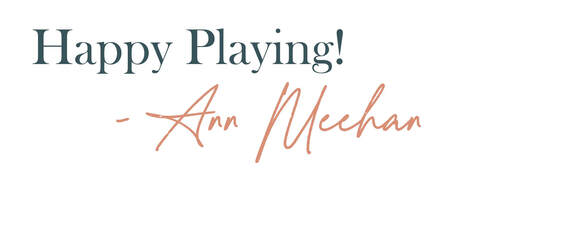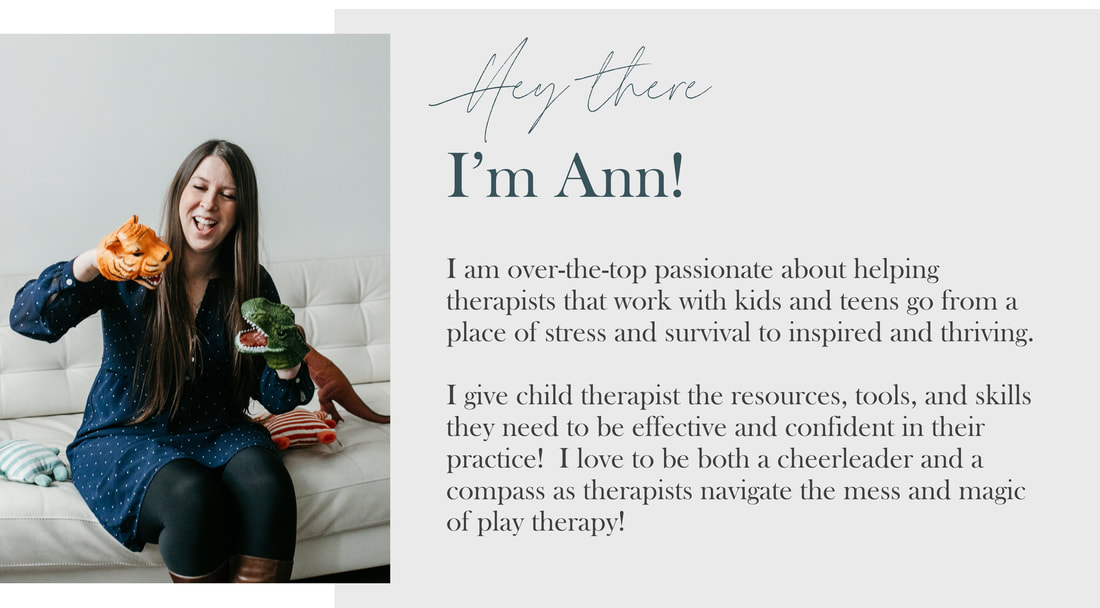|
Being a child and teen therapist is definitely a juggling act. Managing the needs of the child and at the same time attending to the unique strengths and struggles of the caregiving system.
AND keeping all those balls in the air can be complex and stressful! I wanted to share my top 10 tips, downloads, and resources for troubleshooting some of the biggest difficulties that may come up with parents and caregivers in child and adolescent therapy!
I have broken these tips down into categories to support you before the first session, during the intake phase, and during the working phases. Let's dive in!
Before The First Session How to Tell Kids They Are Coming To Therapy Before we even meet a child or teen for therapy we are usually having some communication with their parents or caregivers. One of the biggest questions I get before the first session is “what if he won’t come?” and “what do I say when I tell her she’s coming to therapy?” In all of this stress of starting the therapy process, some parents don’t tell their child much of anything about where they are going and why. Check out these 8 Steps for Telling Children About Coming To Therapy to help ease parent anxiety and decrease stress and stigma for kids! What To Avoid When Telling Kids They Are Coming To Therapy Just like there are some great “to dos” when telling kids and teens about coming to therapy there are also some things I encourage parents to avoid. Check those out HERE! In The Beginning Have an Excellent Informed Consent Most of the difficulties that pop up in child and adolescent therapy can be avoided or minimized by an excellent informed consent. Take a peek at this free downloadable Informed Consent Checklist to check out all the topics I cover in my informed consent. The clearer you can be about what it is like to work with you, your expectations, and your processes the more you can avoid difficulties and stresses that come with parent and family expectations that might not be in line with what you provide! Be Clear About Your Theory When we can tell parents with clarity the what, why, and how of Play Therapy they will not only have a better understanding of what the therapy process will be like but this can also avoid frustrations that their child is “just playing” or “not doing any work” in therapy. When explaining the what, you share your theory and your beliefs about behavior, emotions, mental health, and your theory. Your theory ties into the why, as in why you are playing in the specific ways you are playing. How fills in the blanks of how what happens in session will be helpful for symptoms outside of session. If this is a struggle for you, check out my free video on Explaining Child Centered Play Therapy to Parents! Set Expectations for Parents and Children in Therapy Beyond informed consent, being really clear about what you expect children and caregivers to do in session is incredibly helpful! If you expect parents to be present each session at the start of therapy is where you communicate that! If you need a full parent-only session every three weeks or if you expect parents to track behaviors and emotions at home, these are all clear and specific things that you share with parents and caregivers at the beginning of the process! Check out more about setting expectations for parents and children in therapy HERE! The Working Phases The Parent Check In Having consistent contact with parents can be helpful to address needs and concerns as they come up along with teaching tangible skills and tools. If you are struggling with your process with how to check in with parents, what to say, and when to meet dive into this resource that is all about structuring the parent check in! Questions About How Long Therapy Will Take Parents are often concerned about how long the therapy process will take. And 3-4 sessions in some parents can be concerned that the big thing they came to therapy for isn’t “fixed”. If this hits home, scroll up and download my informed consent checklist and set expectations from the first session! AND at the same time, no matter how clear my informed consent process is, this question inevitably pops up. Check out the 12 Factors That Contribute To Prognosis in Therapy to help you have more meaningful conversations with parents! Questions About How Fast an Intervention Will Take To Work Beyond how long therapy in general will take (see above) parents often have questions, worries, and stresses about how long specific techniques will take to work. Some parents may try something once and if it doesn’t work consider it a loss. All of this can lead to stress and frustration with the therapy process. Check out this one strategy that I use for parents to help set expectations for time frames for change. When Email Becomes Therapy Email is one of the easiest and convenient ways to connect. And for some parents an email can turn into a therapy session where the expectation is that a therapist will respond with interventions, support, or ideas in between sessions. Now some therapy types (like DBT) allow for client communication in a larger way than just scheduling sessions, however this communication is very specific, deliberate, and structured. For most parents that sent an email your way this is likely not the case. Check out my top tips for setting expectations with email for parents and caregivers. Parents Who Struggle to Connect With Their Children Parents and caregivers are the most important people in a child’s life. And at the same time parents can be burnt out, stressed, and struggling. Meaningful connection between parents and children is something I frequently talk about and recommend, however sometimes it takes some creativity to make happen. Check out my favorite ways to create connections between parents and children in their day to day life! If you are looking for more support in your work with parents and caregivers in the playroom check out my course Holding Systems: Supporting Parents and Caregivers in The Playroom! Loading...
0 Comments
Leave a Reply. |
Hi, there!I'm Ann Meehan, an LPCC, Loading... Archives
July 2024
Categories
All
|
Privacy Policies | Terms of Use | Disclaimer
Contact
[email protected] | Copyright Meehan Mental Health Services 2022
Contact
[email protected] | Copyright Meehan Mental Health Services 2022







